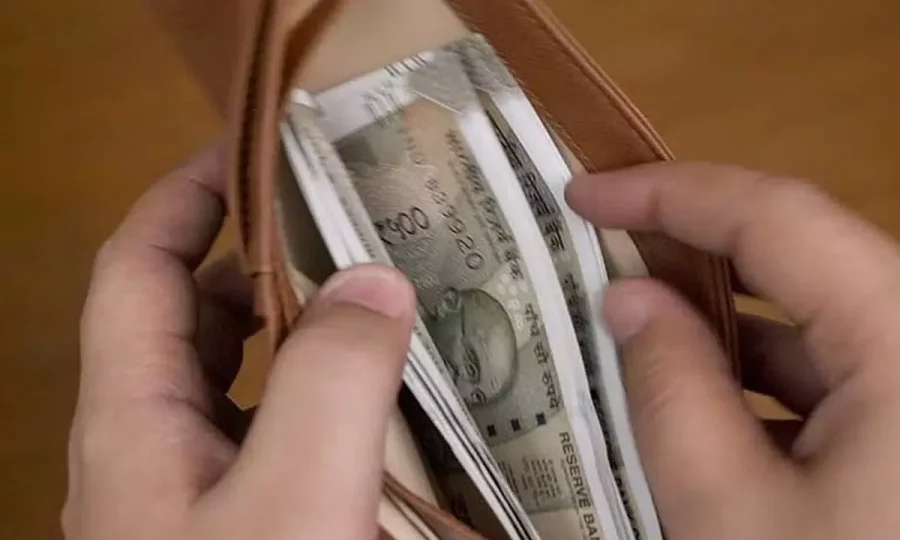Barely within 24 hours after a desperate appeal for help was made by the family of a cancer patient in J&K’s Pulwama district, crowd funding generated Rs 80 lakhs and more was pouring into the family’s bank account.
A family in Pulwama district treating their daughter for Leukaemia (Blood cancer) had to sell whatever they had to manage expenses. They had nothing to carry on the treatment.
After the family put out an appeal for urgent help on the social media, money started pouring into their bank account as if they had rubbed Aladdin’s magic lamp.
Within less than 24 hours, Rs 80 lakhs were de-posited through crowd funding and the family had to put out another appeal on the social media thanking its patrons and asking them to stop sending more money.
Things like this were unheard of till a few dec-ades in Kashmir. There was little sense of social responsibility in the past except that a poor man would be given food or chiller to the beggar on the street.
“Kashmir society has been baptised by fire be-cause of the insufferable amount of misery, death, destruction, loss of social connect etc ever since violence started here in early 1990s. There is hardly a family that has not been either directly or indirectly touched by that suffering. Seeing death and destruc-tion at close quarters, Kashmiris have learnt the value of social cohesion and oneness,” said Dr Farah Qayoom, who teaches sociology at the University of Kashmir.
“If your neighbour had suffered yesterday be-cause of the all pervading violence during the last 33 years, it could be you today. This has in more than one way cemented the social ethos of the locals. In addition to individual responsibilities, Kashmiris have understood the value and importance of collective responsibility.
“This is the reason that the Valley has credible orphanages and charitable institutions. Before 1990, the only institutions we had were old age homes and a few orphanages run at government expense,” she elaborated.
Crowd funding, NGOs doing commendable work in healthcare, childcare and other segments of the civil society in Kashmir proves that the suffering and misery are great teachers.—KMS










